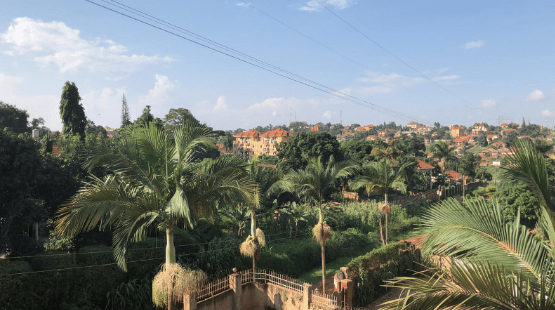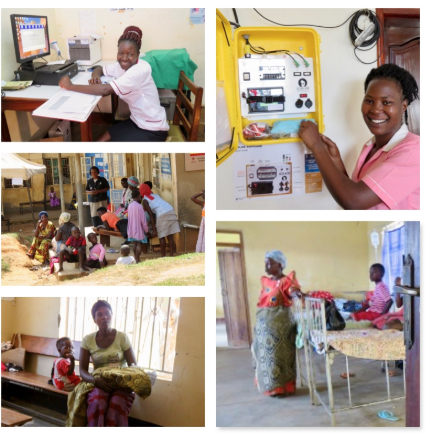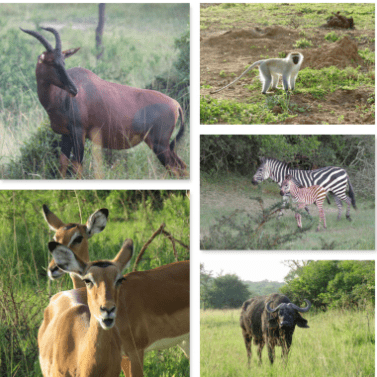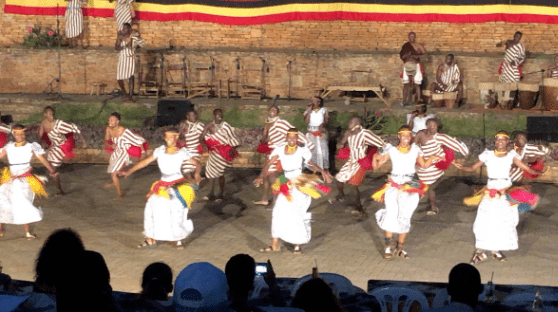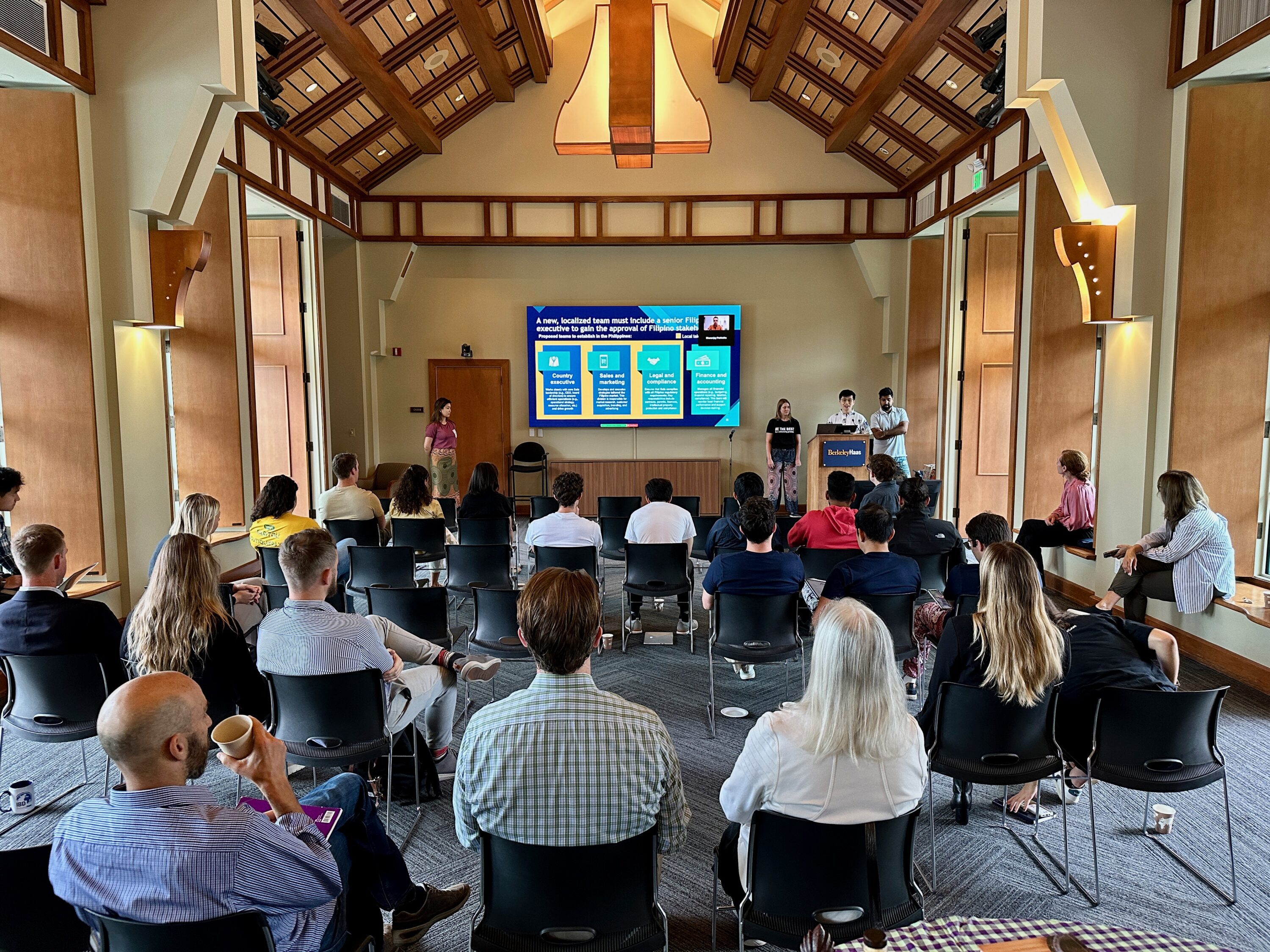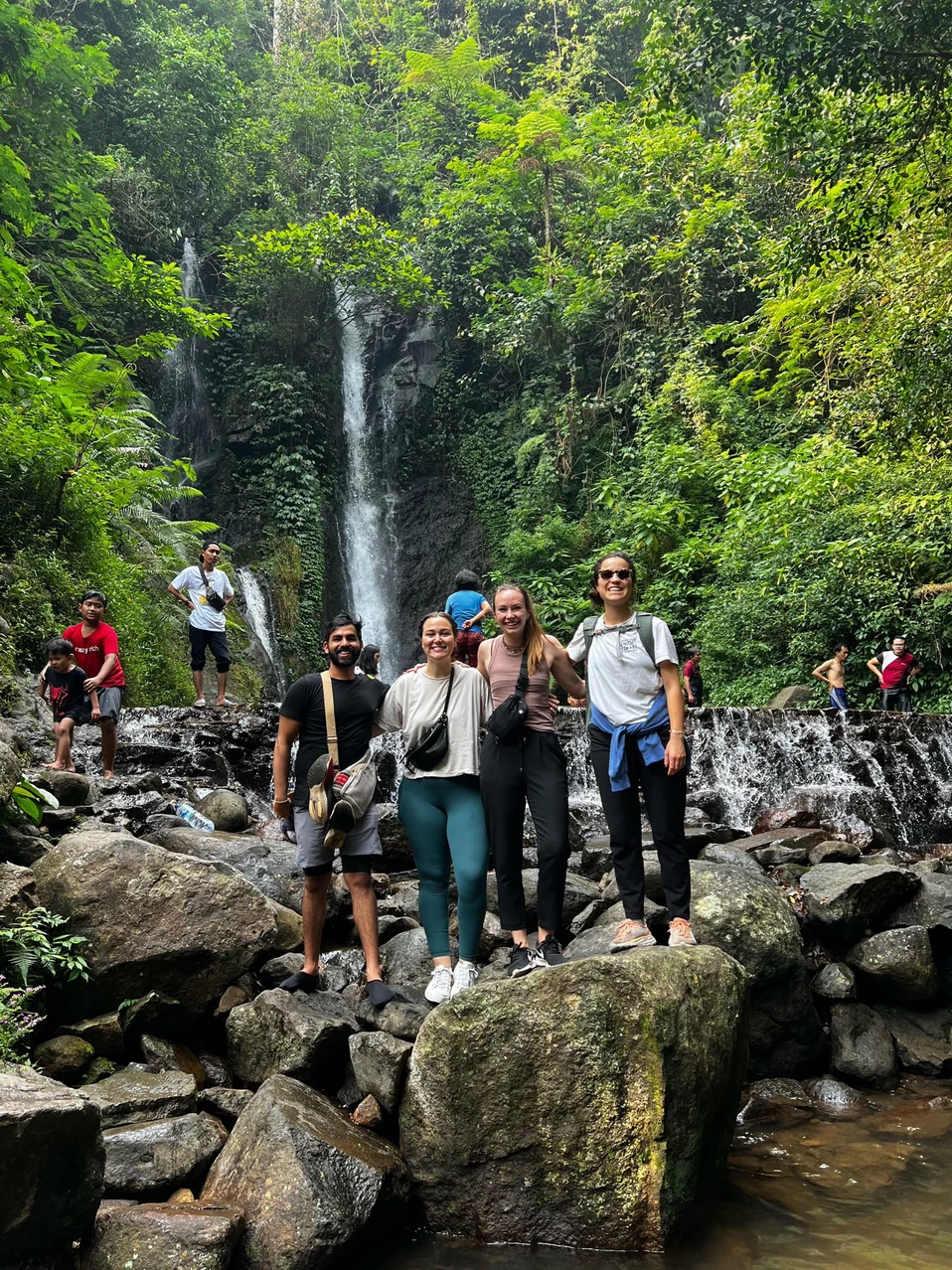IBD Team We Care Solar in Uganda, July 2019
Written by Ana Quirino Simões
“Not only lights, it provides warmth…” – midwife in Kyannamukaaka, Uganda
Roughly seven weeks ago, our team was introduced to We Care Solar, a non-profit based in Berkeley that aims to reduce maternal mortality rates in the developing world by providing the most essential resource for successful nighttime deliveries … LIGHT.
We Care Solar offers a simple concept – a ruggedized suitcase with up to four bright LED lights, fetal heart monitor, and basic USB charging that draws power from the sun and stores in a reliable battery. With a solution that is simple, low-maintenance, and user-friendly, locals describe this suitcase as “Light in a Box.” Proper lighting has an incredible impact at healthcare facilities where the only alternate source is the tiny LED in a smartphone and enables staff to perform procedures otherwise avoided when surrounded by absolute darkness. Assurance of available lighting enables facilities to care for more patients, contributing to positive performance metrics, eligibility for more public funding, and increased healthcare service options. Network effects of the Solar Suitcase have the power to elevate the life of an entire community.
Given the successful impact with their simple and ruggedized design, it is not surprising that they want to branch out beyond maternity to support other areas of healthcare that are similarly challenged with scarce and unreliable power, such as vaccination, lab services, and surgical operations.
We Care Solar asked the IBD team to assess the next opportunity to grow their impact.
—
A “direct” connection from San Francisco to Kampala takes about 28 hours and has 2-3 stops/layovers. Steven would tell you that the 28-hour hub to Kampala is a myth. A combination of airport delays, severe weather issues, and lack of alternate flight options led to a total travel time of 52 hours for Steven. As for his luggage, he found out that it was still stuck in Newark by the time he landed in Uganda. Fortunately, Chinmay helped by sharing his clothes (no further details) until Steven could go clothes shopping at the fancy Acacia Mall. That’s how one starts a great journey as a team!
For our first days on the ground, we met with the local We Care Solar team, who gave us incredible perspective into their work and the realities they have to deal with. IBD is truly hands-on and we were immersed in the problems of unreliable electricity. On the second night of the week, we experienced a full 12-hour black-out in our Airbnb: no lights, no hot water, no cell phones, no internet, no computers, no TV. And no fans!
On the bright side, days start early in Kampala. Ana was the team’s early morning person and enjoyed peaceful morning sunshine on the balcony of our Airbnb in Ntinda.
Our early mornings would start with breakfast in the apartment before we commuted around the city to where many of our stakeholders were based. Because of the severe traffic, almost every trip took an hour despite Uber claiming an optimistic 15 minutes. The roads are filled with cars, people, and boda bodas (motorcycle taxis), and one driver joked that sometimes he has to close his eyes and pray when he drives through Kampala.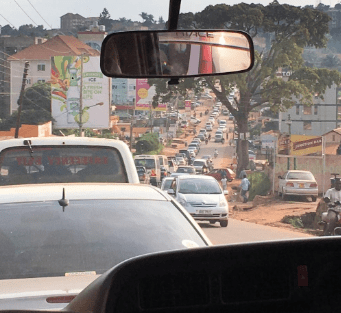
By the end of the first week, we had visited a variety of healthcare facilities and learned about their challenges, including those in more remote areas in the Masaka region. We visited mid-size healthcare facilities that served a wide local population range between 5000-20000 patients per year. Beyond maternity, these facilities also offer out-patient treatments, vaccination, diagnostics, and treatment for wide-spread diseases such as HIV, TB, and malaria; one of the facilities also had an “operating theater” (OR). They were all connected to the main electricity grid, but all reported outages 2-8 times a month, lasting anywhere from a few hours to two whole days.
Their top wishlist items for We Care Solar? More lights. Brighter lights. Security lights. Treating patients in darkness is a difficult business. Non-preventable yet treatable conditions such as obstetric hemorrhage (massive bleeding from childbirth), obstructive labor, eclampsia, and sepsis can go undiagnosed and become fatal just because there are no lights.
Driving through rural Uganda gave us a good sense of the impact that the Solar Suitcase has had in the communities and ideas about how to expand it to other areas of healthcare and reach a broader population.
During our second week in Kampala, we met with multiple stakeholders in the healthcare and solar solutions space: the Ministry of Health, solar distributors and installers, healthcare experts, and other NGO representatives. The potential for partnerships to amplify WCS’s reach became very clear. We started to get a glimpse into the intricate network of stakeholders and factors that need to work in harmony to influence and transform the condition of healthcare in places like Uganda.
It was not all work! During the weekend, we squeezed in a safari visit at Lake Mburo National Park and experienced the amazing local nature. The park is beautiful and amazing, even with challenges such as bugs, especially mosquitoes. If you see Neha, ask about the feline friend she made at the lodge.
A walking safari allowed us to get really close up to the animals. The zoom lens on Ana’s camera also helped.
For seven weeks, we were challenged with tackling one of the world’s biggest problems. Each one of us has collected new experiences, gained a new perspective of the world and our own realities, and made new amazing friends. We finished our journey with a deeper understanding of Uganda’s challenges in healthcare and in everyday life. And after we finished our final recommendations report to We Care Solar, we celebrated in the best way possible – with an African Night at the Kampala Cultural Center.
The narrator at the Cultural Center explained: “If you get stressed, relax and shake your sitting facilities – and you will be happy!”
A big shout out to the We Care Solar team and all of their support with information and logistics! We hope to see them again soon. Weebale!
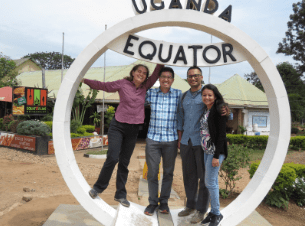
Team We Care Solar
IBD – Uganda 2019
Chinmay Gaikwad, Ana Quirino Simões, Neha Shah, Steven Wang

